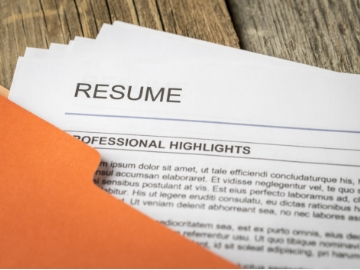When drafting your resume, one of the most important sections is work experience. Here, you list your professional experience, all your positions, tasks, and tenure with the company.
When looking for a job, you probably think only submitting a resume will suffice. While that may be true, having a cover letter submitted along with the resume can also impact your chances of being hired.
As a job hunter, you should acknowledge that recruiters don't often read resumes word for word. Instead, they and Applicant Tracking Systems (ATS) look for resume keywords.
The work experience on your resume is a key factor for employers. Recruiters often use it as a basis for their hiring decisions.
Looking for a new job can be a lengthy and stressful process. You'll need a good resume to boost your chances of getting an offer.
During job applications, your resume is the only basis for recruiters to determine whether you're a good fit. Your skills and work experience are primary considerations for employment, but it goes beyond that.
Part of a perfectly crafted resume is listing down a complete job history, including details such as the contacts of former employers that your recruitment managers can refer to and your top achievements per job.
The inventory skills on your resume provide employers with an overview of your professional history. As you might expect, this should be an integral part of your resume preparation.








